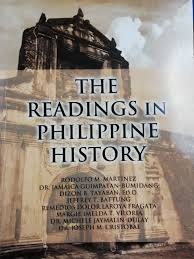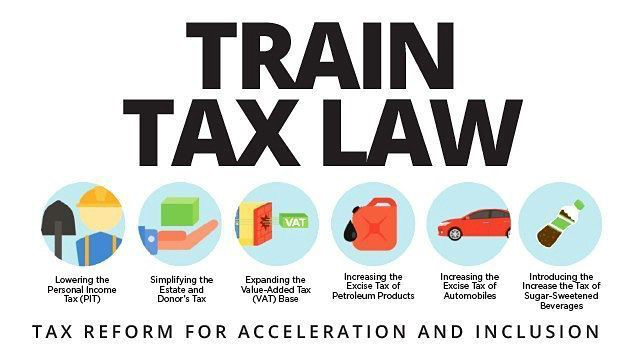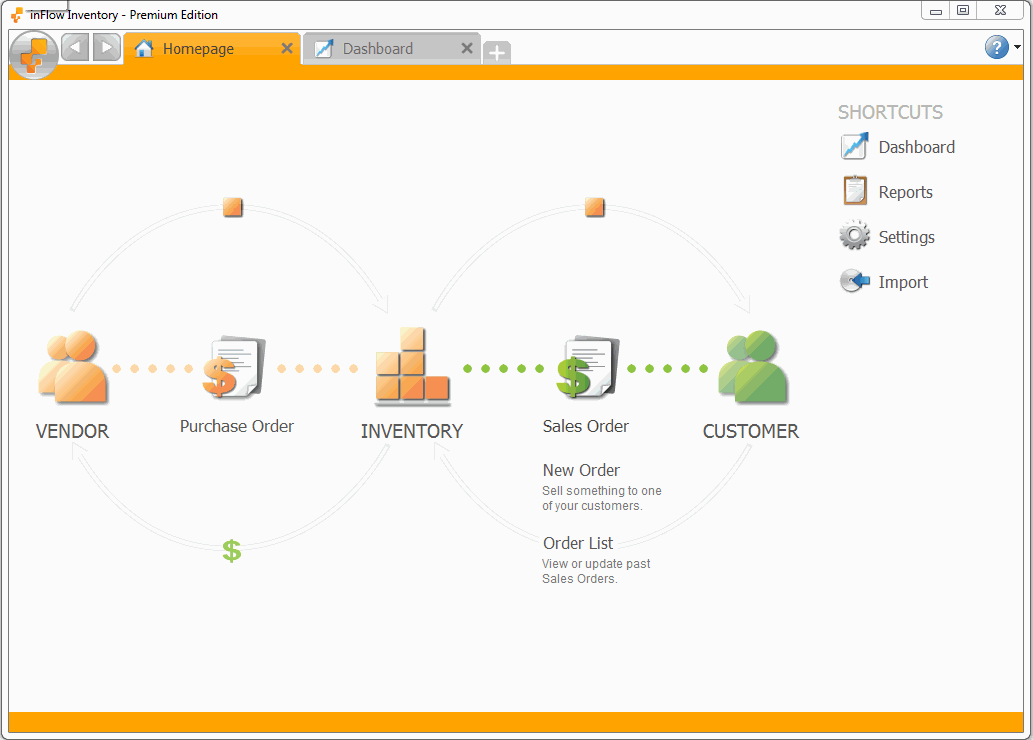This
course is the continuation of Intermediate Accounting Part I. It is designed to
cover the financial accounting principles relative to recognition, measurement,
valuation and presentation of liabilities and shareholders’ equity, including
disclosure requirements. The related internal control, ethical issues and
management of liabilities and owner(s)’ equity are also covered. It also deals
with contemporary issues such as leases, employees’ retirement benefits
deferred taxes, and other current related items. This subject also deals with
the presentation of financial statements that conforms to the latest Philippine
Financial Reporting Standards, for a corporate type of business.

- Teacher: Senador V. De la Cruz
This course analyses Philippine history from multiple perspective through the lens of selected primary sources coming from various disciplines and of different genres. Students are given opportunities to analyse the author’s background and main arguments, compare different points of view, identify biases and examine the evidences presented in the document. The discussions will tackle traditional topics in history and other interdisciplinary themes that will deepen and broaden their understanding of Philippine political, economic, cultural, social, scientific and religious history. Priority is given to primary materials that could help students develop their analytical and communication skills. The end goal is to develop the historical and critical consciousness of the students so that they will become versatile, articulate, broad-minded, morally upright and responsible citizens.
This course includes mandatory topics on the Philippine Constitution, Agrarian Reform, and Taxation.
- Teacher: Maxima Sanchez
- Teacher: Mary Paz Abad
The course is an introduction to taxation and
income tax course and is principally a study of the basic principles of
Taxation, Income Taxation, Estate and Donor’s taxes and the different business
and transfer taxes imposed under the National Internal Revenue Code (NIRC). The
first part is aimed at situating Taxation as a law in the context of the Philippines
legal system and introduces the student concept of Taxation and its
significance as a State Power. It also seeks to thoroughly acquaint the
students with the general principles of Taxation. The second part is primarily
devoted to the study of the concept of Income and Income Taxation, business
taxes specifically, Value Added Tax (VAT), as well as other business taxes
namely: excise taxes, other percentage taxes, documentary stamp taxes, and
community tax certificate. It emphasizes the social and moral responsibility of
the people to pay the taxes in support of the government and to enhance human
development and social transformation.

- Teacher: Mary Paz Abad


